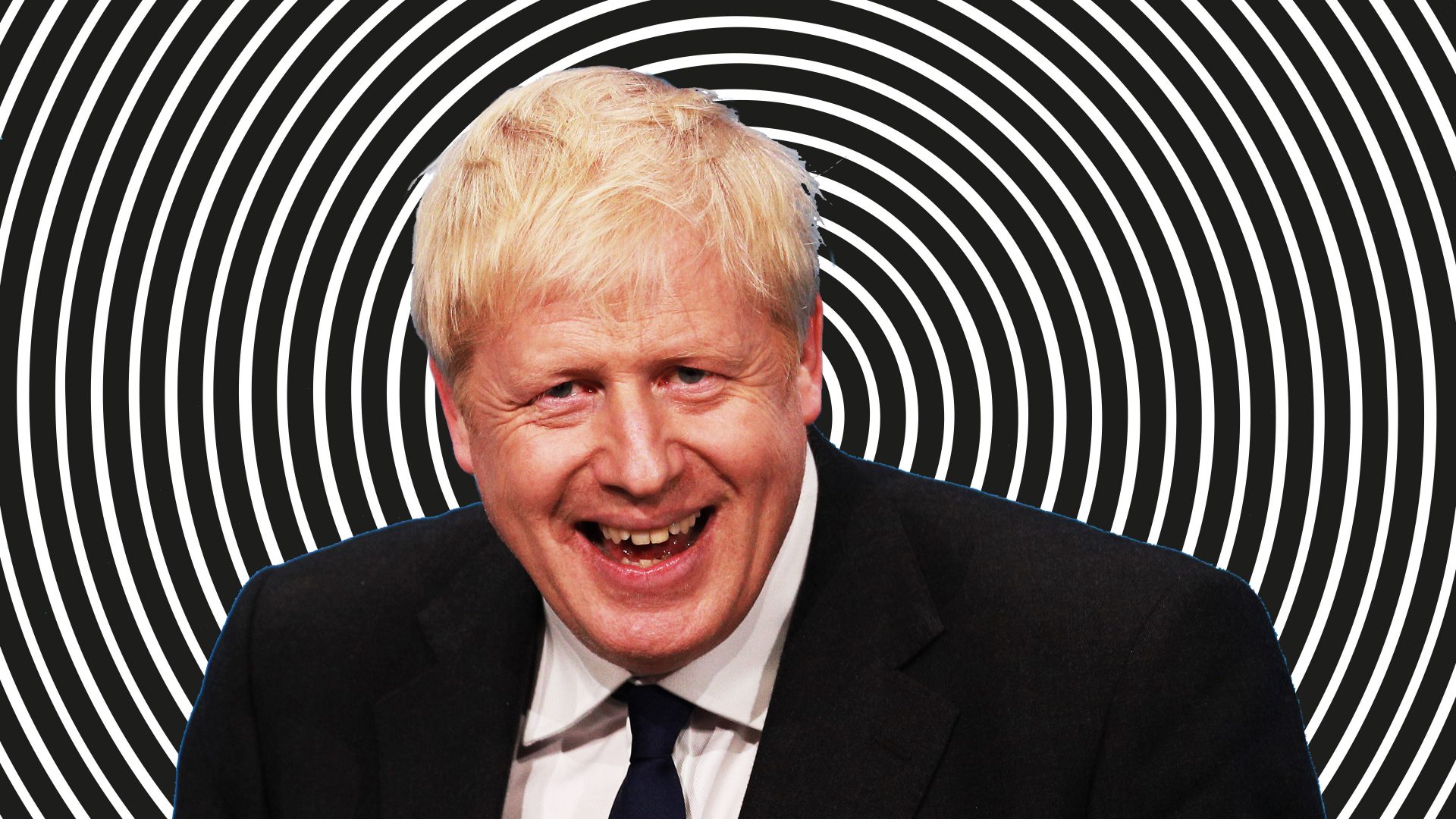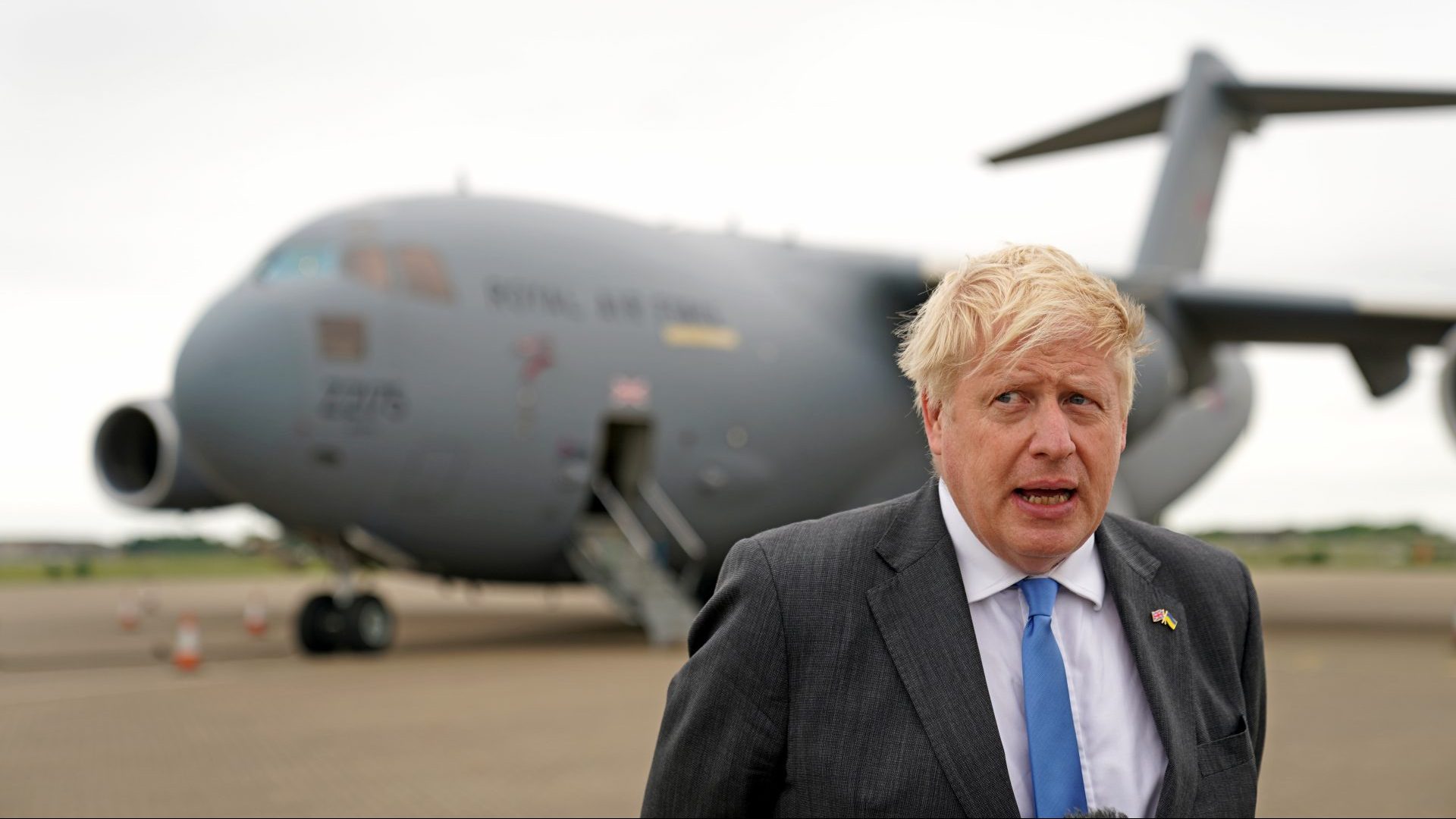“We must not be afraid to call out the charlatans, the hypocrites, the cancellers and those who hate this country, its culture and its past,” Lord Rothermere declared recently, at a party to celebrate the Daily Mail‘s 125th anniversary. “We must not be afraid to stand up for decency and the traditional values that have stood the test of time.”
Barely six weeks on, Rothermere’s brave words, largely written for him by Paul Dacre, his editor-in-chief, could not sound more hollow. The Daily Mail comes out of what is now called the Carriegate scandal – the story The New European broke on Saturday – even worse than the Times. At least Tony Gallagher, the Times‘s acting editor, was originally willing to run Simon Walters’ scoop about how Boris Johnson had attempted, as foreign secretary, to install his then mistress Carrie Symonds as his £100,000-a-year chief of staff.
The Times may then have infamously dropped the story after the first edition, but it at least didn’t reject it immediately, as Rothermere’s supposedly charlatan-hating and decency-loving newspaper had. I am reliably informed that early last week the Mail‘s editor Ted Verity charmlessly sent the tipster who offered him first dibs on the scandal packing. Bleary-eyed MailOnline staff – unaware of Verity’s edict – had robotically followed up the Times’s story when they saw their rival’s first edition, but the moment more senior people clocked in at the paper’s Northcliffe House headquarters early the next morning it was hastily taken down.
There is no question that the centre of gravity at the Daily Mail has shifted dramatically since Geordie Greig was ousted as editor after just three years last November. Revelations about Partygate, Wallpapergate and the appalling mismanagement of the Afghanistan withdrawal that led the paper during Greig’s tenure have been replaced by a determined campaign to get the paper’s readers to “move on” from Johnson’s crimes and misdemeanours and allow him to get on with his job.
Rothermere’s relationship over several decades with Dacre – the editor of the Daily Mail when as a young man he succeeded his father Vere as its proprietor – shows the extent to which a dominant character can influence him, but he’s by no means the only one. The prime minister may now himself be little more than a figurehead for a tarnished political movement, but the same cannot be said for his wife. The prime mover in the Carriegate affair – as I shall reveal – was Carrie herself.
It is a measure of her potency that the story I have heard repeatedly – and that no less than David Davis, the former Brexit secretary has been privately repeating to close friends – is that it was not Dacre who persuaded Rothermere to bring Greig’s editorship to an end, but Carrie, and it is, of course, that which set into play the Greek tragedy that unfolded at the Times.
There has been no shortage of speculation about what actually happened in the newsroom of what was once called The Thunderer at around 10.30pm last Friday. That was when Gallagher took the decision to drop Walters’ scoop from the paper’s second edition and replace it with an unstartling story about Priti Patel branding the judges of the European Court of Human rights as “racist” for stopping her enforced deportation of refugees to Rwanda.
It would be entertaining to say the Times‘s nonagenarian owner Rupert Murdoch himself picked up the phone to Gallagher, but it was in fact William Tautz, the paper’s night lawyer and a barrister, who made the call. After initially choosing not to make any comment about the story when Walters had approached her office, Carrie had her aides barraging the Times‘s legal department with threats when it was discovered the story had made it into the paper.
I understand that Gallagher had protested to Tautz that the substance of Walters’ story had already appeared in First Lady, Lord Ashcroft’s up until now largely forgotten book about Carrie Johnson published by the imprint he funds, Biteback. The lawyer made the points that Ashcroft’s book hardly amounted to giving the story the credence of a page lead in the Times with Walters’ assertion he had firmed it up with multiple sources. Ashcroft and this publishing house had, after all, also been behind the false story that involved David Cameron sexually assaulting a dead pig. There was also the problem of trying to prove in a potential libel action what had merely been the intention of the then foreign secretary.
Gallagher mentioned that the Mail had serialised Ashcroft’s book, but, as Tautz pointed out, anyone searching for a headline in the paper about what was obviously the book’s biggest story would have been disappointed. The Mail had chosen to bury the story deep into the text and there was no fuss about it when the paper ran it.
The Mail has been known to buy up serialisation rights to books to sometimes sit on them or downplay aspects of them that they may find unconvivial. That may well have been Dacre’s intention on this occasion, where the book presented him with something of a dilemma. He happens to be closely aligned not only to Boris Johnson, but also to Ashcroft, the disillusioned former Tory party donor. While he dislikes social gatherings, Dacre has often been spotted at Ashcroft’s.
Cosily, Dacre’s son Alexander has had business dealings with Ashcroft and his company Black and Banton Occupational and Physical Health Ltd did well out of the pandemic with a lucrative government contract. Black and Banton’s ultimate owner is Marlowe PLC, which up until 2020 was owned by Ashcroft. A shell company called Marlowe Holdings Ltd, now inactive, is registered in Belize, with Dacre’s son listed as its chief executive.
Possibly aware of this, Rothermere had been bemused by the amount of positive stories about Ashcroft that have been appearing in the paper. He saw no reason, however, to break his rule about allowing Dacre a free hand.
As for Gallagher, he may well have been mindful that Carrie had already claimed the scalp of at least one fellow editor when he eventually decided that discretion – and his lawyer’s advice – was going to be the better part of valour. Tough luck on Walters who told me that he still stood by his story “100 per cent.”
So far as Dacre, Rothermere and Carrie are concerned, the power play between them is intriguing. There is little love lost between Johnson’s wife and Dacre – the veteran newspaperman described her ahead of her marriage as a “minx” who was no more than “his current bed-warmer” – but it’s clear Rothermere takes her seriously, too.
Carrie attended the Mail‘s anniversary party at Claridge’s last month with her husband and was spotted in deep conversation with Rothermere. Whether they meet in person often is not so clear, but they have many mutual friends who acquaint the newspaper owner with what she’s thinking.
The first edition of the Times may have displeased Carrie last Saturday, but it’s unlikely she had any problems with the Mail. It ran a flattering photograph of her attending Ascot. There was no hint of scandal in the piece that accompanied it. All it revealed was that she was wearing a “horse motif hat.”




